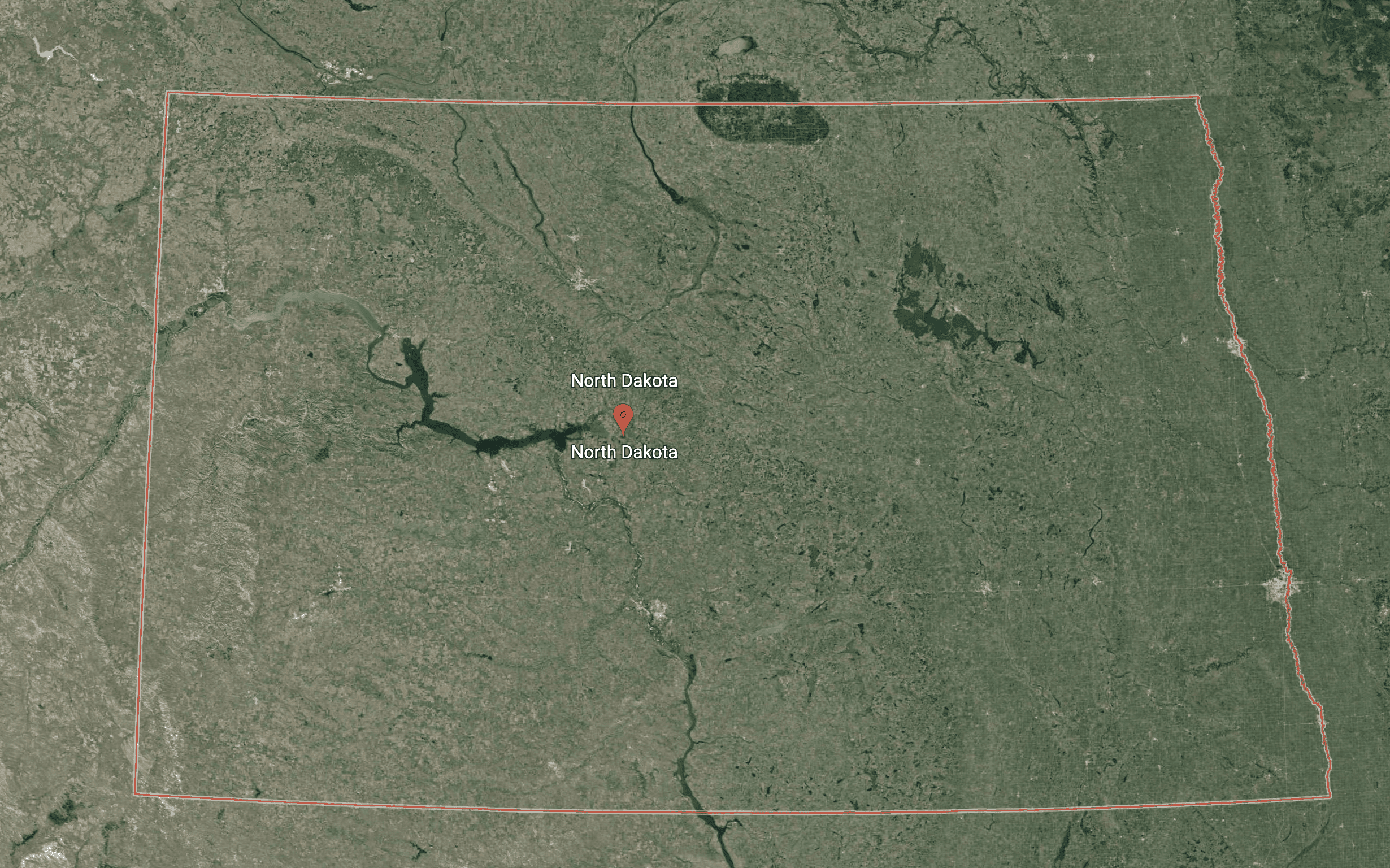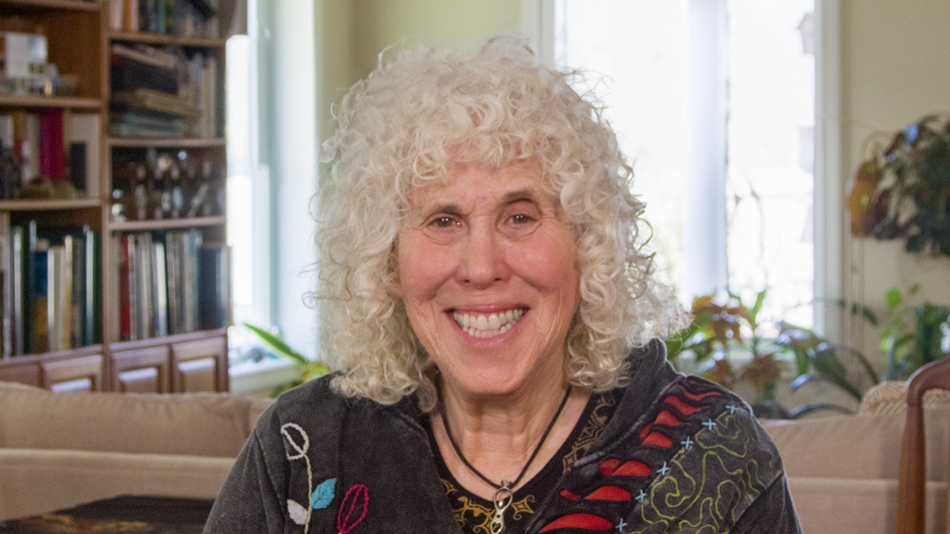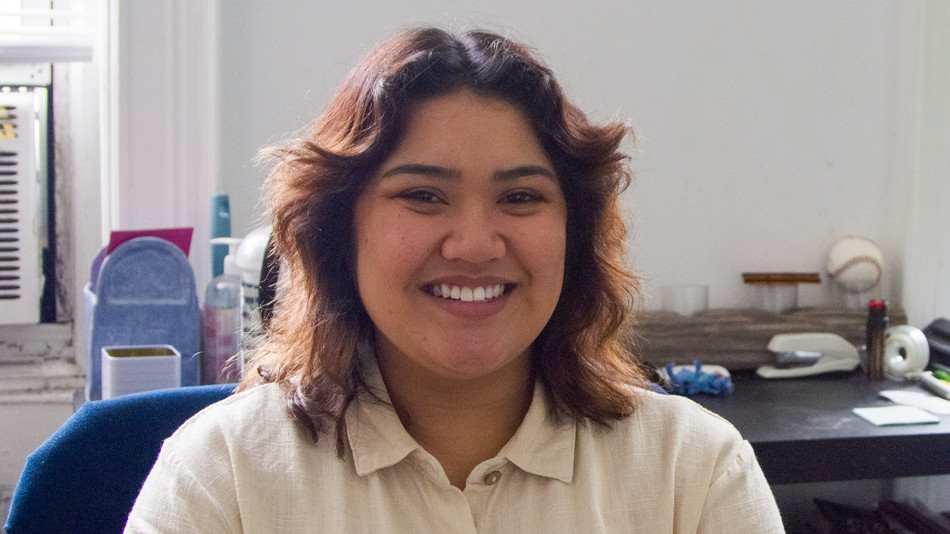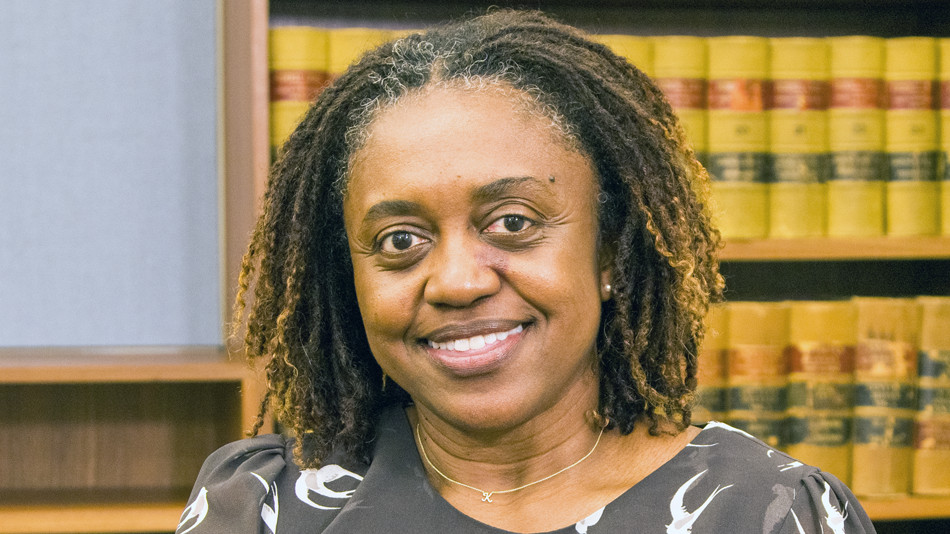
I’m from Strasburg, North Dakota, hometown of Lawrence Welk. They played polka at my senior prom. A very homogenous, provincial, rural backwater of a place. I got picked on as a kid because I was different: brainy, literate, ironic.
I didn’t really glom onto the possibility that I was anything but straight until my sophomore year of college, when my best friend (male) came out to me. That started the gears turning in my head. Like maybe my interest in the ladies’ underwear section of the JCPenney catalog had a sexual dimension to it.
Luckily there was a small but supportive community to come out in. My best friend. The GLBT group on campus. I was also in the process of questioning my religious identity and beliefs, and had started actively attending the local Unitarian Universalist church, which was also an extremely loving and supportive environment.
For me, coming out has always been an ongoing and multi-layered process. After finishing my bachelor’s degree at North Dakota State University I moved to Minneapolis and began actively dating women and participating in the lesbian community. I discovered that many of the women in that community at that time were more or less openly hostile to bisexual women. So I identified as lesbian and tried to keep the other side of my sexuality under my hat. When I first came out, I wanted to make my appearance advertise my newfound understanding of myself as much as possible, so I chopped off my hair and started living in flannel. After a few years I realized that wasn’t really me, so I let my hair grow back and re-embraced lipstick and dresses. I remember calling up my friends on Saturdays to see if they were going to the club last night—Club Metro, the lesbian bar in St. Paul. It was a big place, two dance floors, a sports bar, etc., so my friends would ask how they were going to find me. My response was always the same: “I’ll be the one in the skirt.” And I was. My pattern was to ogle the pretty women—usually in jeans, but with longer hair and jewelry—and go home with the butch ones.
When I’ve been with a male partner my sexual orientation is often more or less invisible, or at least it feels that way. I’ve been told by lesbian and bisexual women friends that I set off their gaydar when they first met me—even in makeup, heels, and a skirt. Probably at least some of the people I know, such as my students, colleagues, and acquaintances, assume I’m a straight ally. That’s okay. What I hate is when a person, usually a straight man, finds out I’m bi and assumes that means I’m poly and/or into threesomes (like with him and his wife/girlfriend). No, thank you. I’ve explored polyamory a little and find it intriguing but I get jealous too easily for it to work for me in anything but theory. And I don’t really like sex for the sake of sex; I want there to be emotional closeness and real relationship too.
I have often found support in unexpected places. After my best friend came out to me, I asked my mom what she thought of gay and lesbian people. She said, “I think they’re God’s children like anybody else.” Or when I was on the phone with my dad and mentioned my girlfriend’s name, and he said, “Well, you’re both welcome to come visit anytime—you can take my bed and I’ll sleep on the couch.” Or when my aunt picked me up at the airport, asked about the book under my arm (something about GLBT life), and said, “You know we love you just the way you are.”
I just finished grad school, and lived in the San Francisco Bay Area for the first three years of my program. What a rush to be in a city where people living all kinds of lives—partnered, single, poly, with partners of different ages, races, genders, etc., and it’s really not any great shakes. In New York, everybody’s Irish on St. Patrick’s Day. In San Francisco, everybody’s gay on Pride Day. I love that.
So much has changed for the better in my lifetime for GLBT people. I was 27 when Matthew Shepard was murdered. Now same-sex marriage is legal in 10 countries, 5 US states and DC. We still have a long way to go, as the recent publicized suicides of bullying victims testifies. But I am so grateful and proud to be part of the GLBT community. An army of lovers cannot lose.








Share